Duplex Stainless Steel Tank Plate Welding Guide



| Product name: | Duplex Stainless Steel Tank Plate Welding Guide |
| Keywords: | Duplex Stainless Steel Tank Plate Welding Guide |
| Industry: | Petroleum, natural gas and chemical industry - Petroleum and natural gas industry |
| Process: | Sheet metal - Bending |
| Material: | Stainless steel |
Processing manufacturer
- There are 38 manufacturers that provide similar products
- There are 164 manufacturers that provide this processing technology
- There are 90 manufacturers that provide this material processing service
- There are 124 manufacturers that provide this industry processing service
Product details
Material Properties and Challenges:
Welding duplex stainless steel tank plates requires balancing the ferrite/austenite ratio (ideal value 40-60%). Excessive heat input can lead to excessive δ-ferrite. ER2209 welding wire is recommended, as its PREN value is 4-6 points higher than ordinary welding wire, significantly improving corrosion resistance.
Process Parameter Control:
For 2mm thin plates, use a current of 50-80A and an argon gas flow rate of 8-12L/min. For medium and thick plates, multiple passes are required, with an interpass temperature of <150℃. Use a 98%Ar+2%N₂ mixed gas for shielding, and the nitrogen element burn-off rate can be controlled within 5%.
Defect Prevention Measures:
A V-groove angle of 70° is recommended, combined with a 0.8-1.2mm root face gap, which can increase the first-pass acceptance rate to 98.5%. When the humidity is >70%, dehumidification equipment must be used, and the dew point should be <-40℃ to avoid hydrogen porosity.
Quality Verification Standards:
In addition to conventional PT/RT testing, the ferrite content within 2mm of the fusion line must be determined using the magnetic method (acceptable range 55%±3%). The impact energy of the 45° uphill welding position needs to be additionally tested, and a reduction of 25-30J is allowed compared to flat welding.
Similar products
More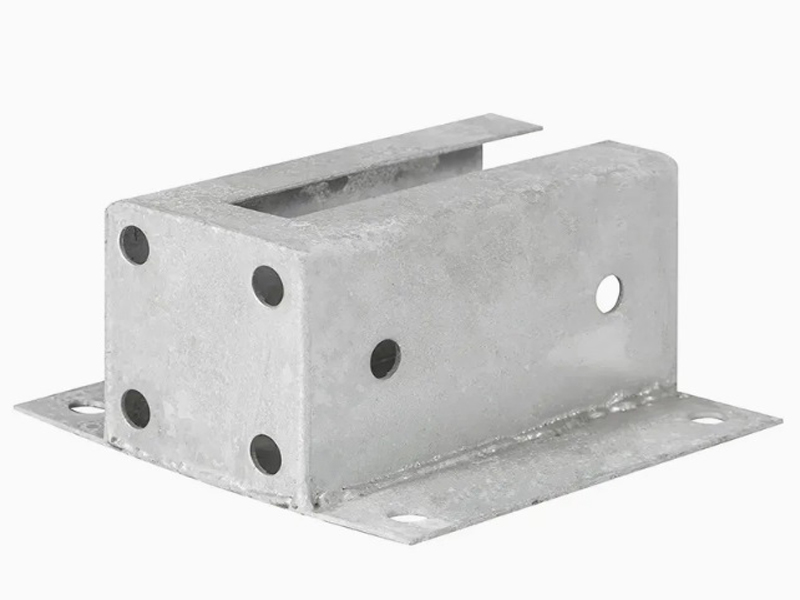
Machining Process Analysis of Carbon Steel Fixed Anchor Plates
- Process : Machining - CNC milling or milling machining
- Material : Carbon steel
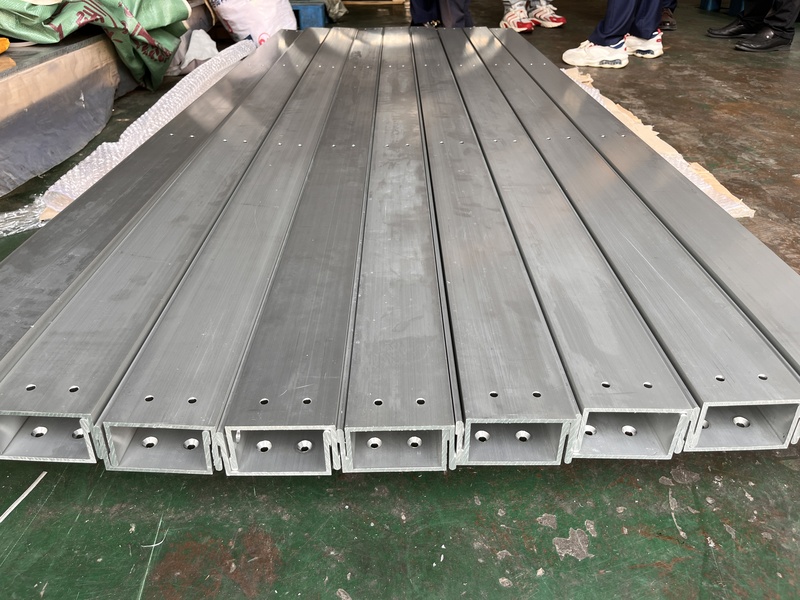
Precision Machining of U-Steel Profiles for Building Applications
- Process : Stamping - General stamping
- Material : Aluminum
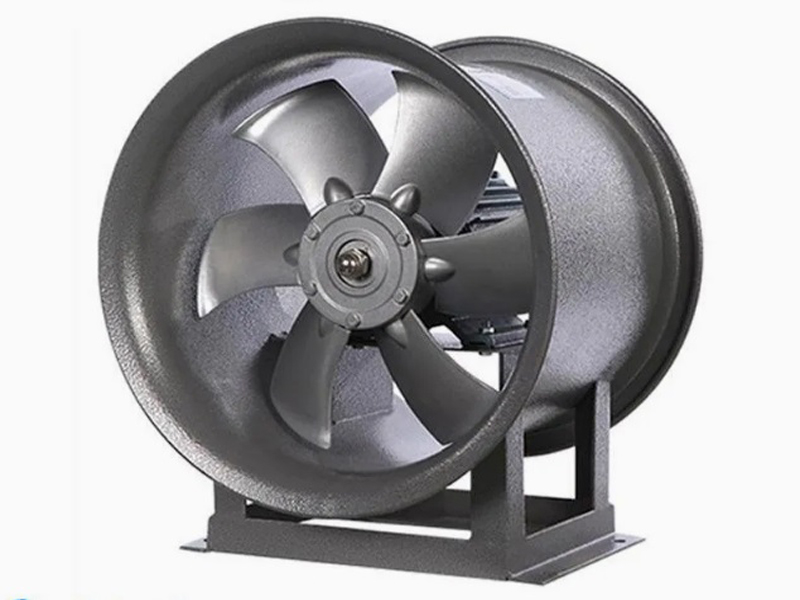
What are the machining processes used for processing axial fan housings
- Process : Sheet metal - Welding
- Material : Carbon steel
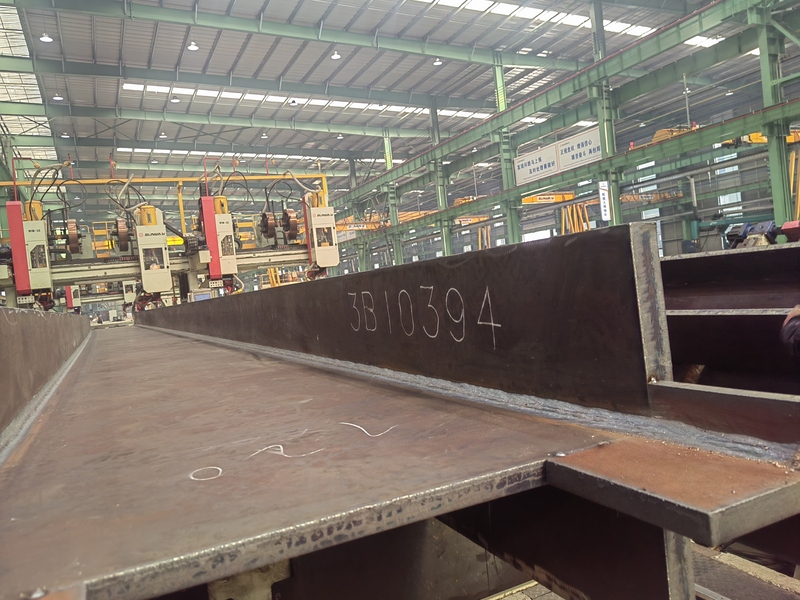
Custom Fabrication of S355JR Welded H-Beams for Construction Projects
- Process : Sheet metal - Welding
- Material : Carbon steel
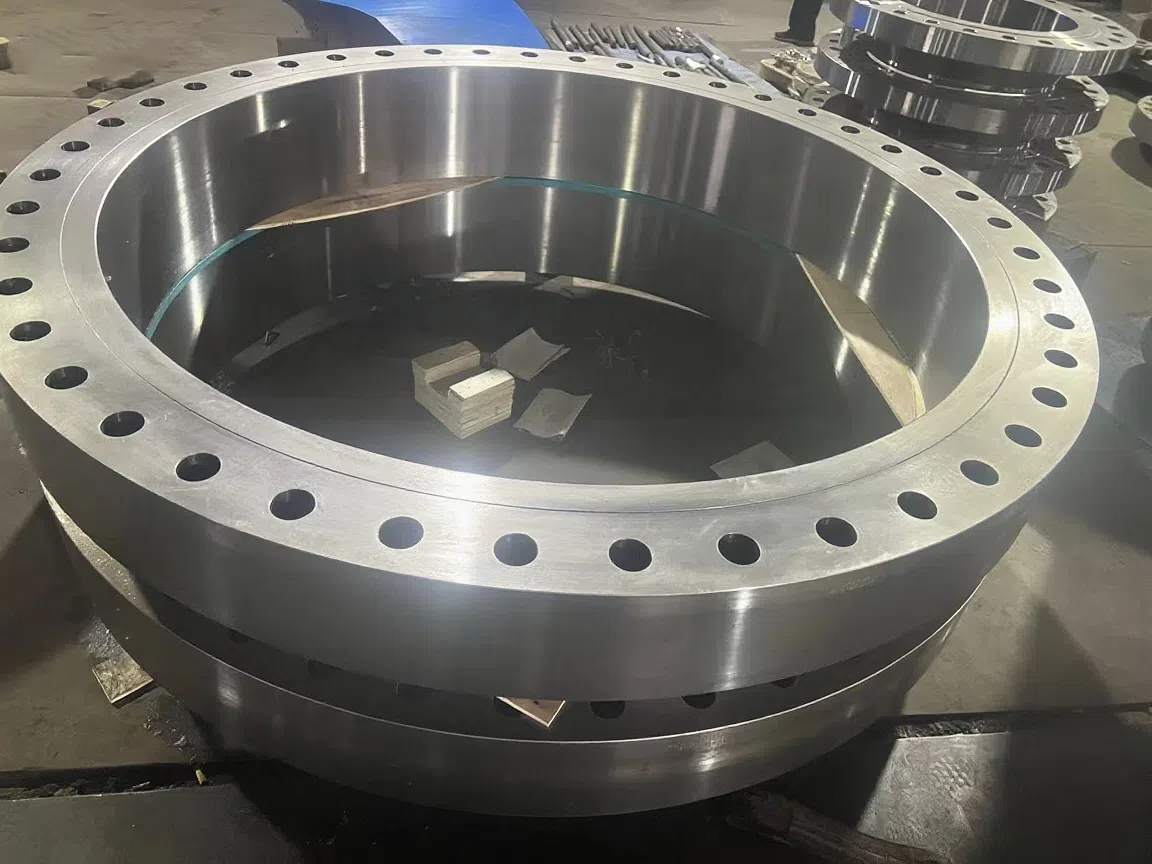
Heavy-Walled Flange Milling-Turning Machining and Flaw Detection
- Process : Machining - Turning Milling compound
- Material : Alloy steel
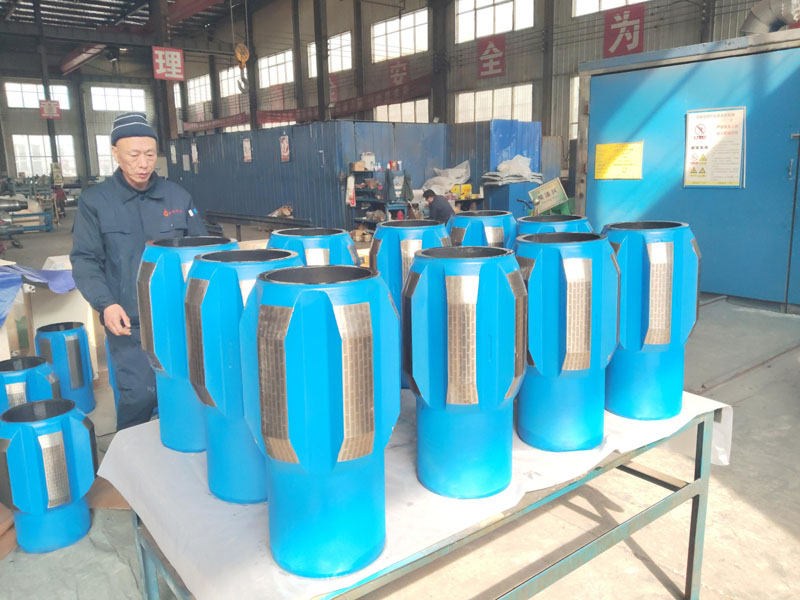
Drill Stabilizers Applied in Oil Drilling Platforms
- Process : Machining - Five-axis machining
- Material : Alloy steel
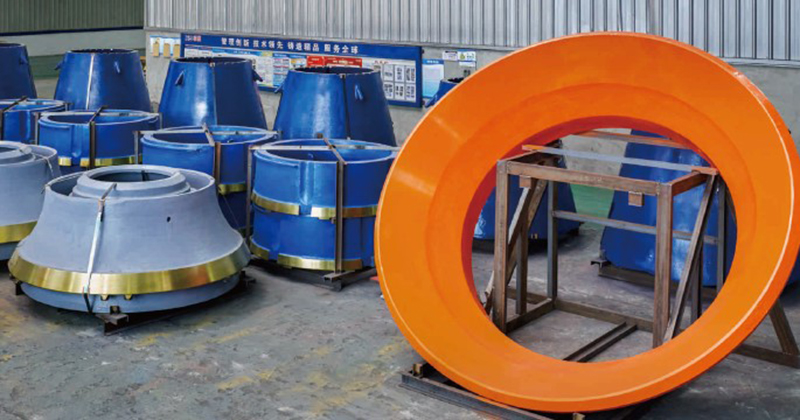
Cone Crusher Mantle
- Process : -
- Material :
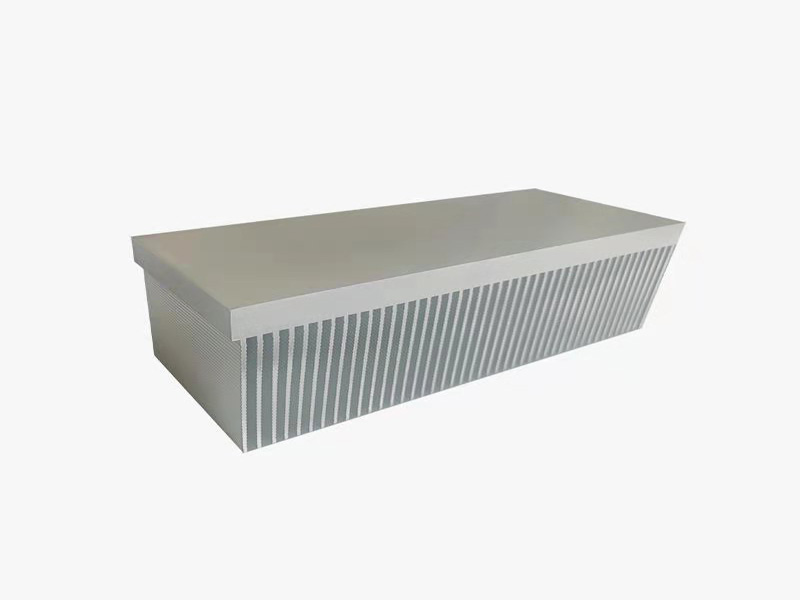
Innovative skiving technology: Breaking through the bottleneck of high-density heat dissipation technology
- Process : Surface treatment - Others
- Material : Alloy steel
More products
More
Machining Process Analysis of Carbon Steel Fixed Anchor Plates
- Process : Machining - CNC milling or milling machining
- Material : Carbon steel

Precision Machining of U-Steel Profiles for Building Applications
- Process : Stamping - General stamping
- Material : Aluminum

What are the machining processes used for processing axial fan housings
- Process : Sheet metal - Welding
- Material : Carbon steel

Custom Fabrication of S355JR Welded H-Beams for Construction Projects
- Process : Sheet metal - Welding
- Material : Carbon steel

Heavy-Walled Flange Milling-Turning Machining and Flaw Detection
- Process : Machining - Turning Milling compound
- Material : Alloy steel

Drill Stabilizers Applied in Oil Drilling Platforms
- Process : Machining - Five-axis machining
- Material : Alloy steel

Cone Crusher Mantle
- Process : -
- Material :

Innovative skiving technology: Breaking through the bottleneck of high-density heat dissipation technology
- Process : Surface treatment - Others
- Material : Alloy steel